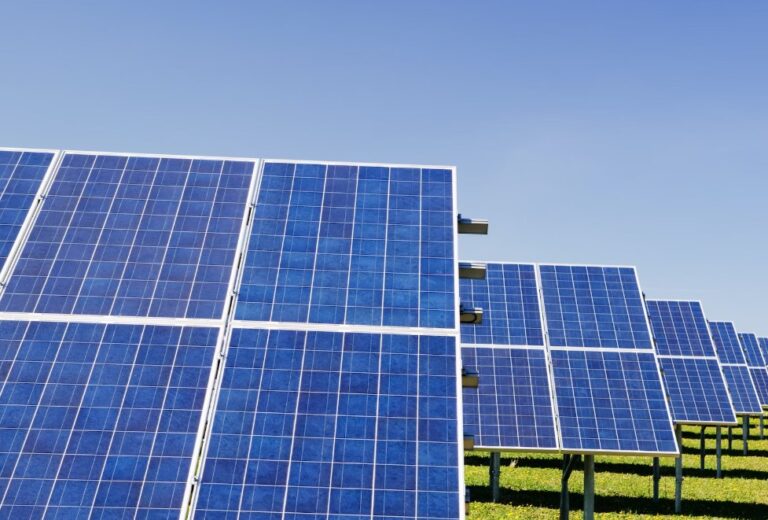The utilisation of energy resources by many corporations has become a topic for discussion and debate in media and other communication channels. As we advance in our dominance to get more, how we are procuring those sources has sparked a conversation in many.
People have started to care about the where and hows of energy procurement and have started leaning more towards sustainability.
Energy cooperatives are one such organisation that have become pioneers in sparking these conversations and pushing towards change. Here, we will talk about the growing need for renewable energy Co-ops to advance clean energy.
Table of Contents
What are energy cooperatives
Before dwelling on the word energy cooperatives, let us first understand the meaning of ‘cooperatives’. Cooperatives are non-profit entities that provide service for customers, members and society.
These members possess a right to make decisions concerning governance. Electric cooperatives make up a large part of these non-profit bodies. A cooperative entity’s core values are volunteerism, social and ethical values and an open society.
Energy cooperatives are non-profit organisations which focus on procuring renewable energy in smaller cities or towns. They are established organisations which are governed entirely by the members. The revenue they generate through their operations is reinvested in the development of their services.
Fun fact: 33% of energy cooperatives dominate the market, making them notable upholders of renewable energy.
Energy cooperatives run solely through active citizenship. Communities volunteer to be the change makers for a better future. Entities like the National Rural Electric Cooperative Association (NRECA) and Cooperative Alliance Strength help expand the intricate network.
Read more: The two renewable sources that will provide more than a third of all global energy
Why are energy cooperatives important?
The communities (citizens) mainly run sustainable power collectives, making it largely decentralized. They are entities that foster ownership through the citizens, making them independent from the hold of corporations empowering local populations.
When citizens act as buyers and sellers, they can buy/sell energy at a fair and cheaper price. This increases the value of money for the working class.
Did you know? 95% of cooperatives operated under NRECA concentrate on renewable sources. They perform this feat only within their community, increasing the chances of procuring renewable energy.
This development, in turn, leads to revenue generation and employment opportunities within the region. Energy cooperatives are one of the foremost sustainable contributors to a country’s GDP.
Advantages of energy cooperatives
Energy cooperatives possess numerous advantages that hold the power to drive change in the long term. Here are some of them:
- Energy is sold at a lower price: Energy cooperatives are community intrinsic operations. One generates the energy and the other buys without any middlemen involved at a fair price;
- Mindful use of energy resources: As the citizens get more involved in the procurement and distribution of energy sourcing, people also participate more in the policies. This leads to improved trust and transparency, encouraging education and awareness about using energy efficiently;
- Propels innovation: Since energy cooperatives utilise the productivity and labour of local communities, effort towards innovation is observed largely. Innovation, when commercialised, can lead to revenue generation and economic growth;
- Saves costs: Renewable electric cooperatives follow a model that provides a strong voice to the communities in their services, which helps them keep the costs at a reasonable price. In the organization, you can invest surplus profits or distribute them to the members as dividends;
- Clean energy objective: The goal behind these non-profit energy entities is to encourage and be a pioneer in clean energy programs. Renewable energy creation and energy efficiency initiatives.
Disadvantages of energy cooperatives
Just like any other organization, these non-profit entities contain disadvantages. Energy cooperatives can have undesirable factors which hinder their growth potential. In this section, let us learn about the cons these establishments face:
- Restricted areas for service: Energy cooperatives mainly target rural areas for their services, which depend largely on coal power. This can lead to cost increases and invite other threats;
- Potential to face challenges in the long term: This is one of the foremost disadvantages of energy cooperatives. Largely non-profit renewable energy Co-ops can face long-term sustainability obstacles and other challenges concerning their competitiveness. Corporations which manage to provide better service and pricing options might easily make these cooperatives struggle;
- Consumers are not left with much of a choice: In comparison to these entities, corporations have broader service options and pricing strategies. If a consumer is looking for flexibility in their services, then energy cooperatives might not be the answer;
- Runs a risk of maladministration: If the members of an energy cooperative are not taking their roles seriously or the mistakes keep persisting, then they have a good chance of being a mismanaged organisation and monetary uncertainty.
Energy cooperatives follow the concept of by the people, for the people and to the people. They are organisations established to push society to improve itself. That said, entities like them run an easy chance of mismanaging themselves and facing sustainability in the long term.
As propellers of change, they must also develop strategies to meet the demand and competition in the future.
Read more: Exploring the 7 largest solar fields worldwide: what is their contribute to green energy production












